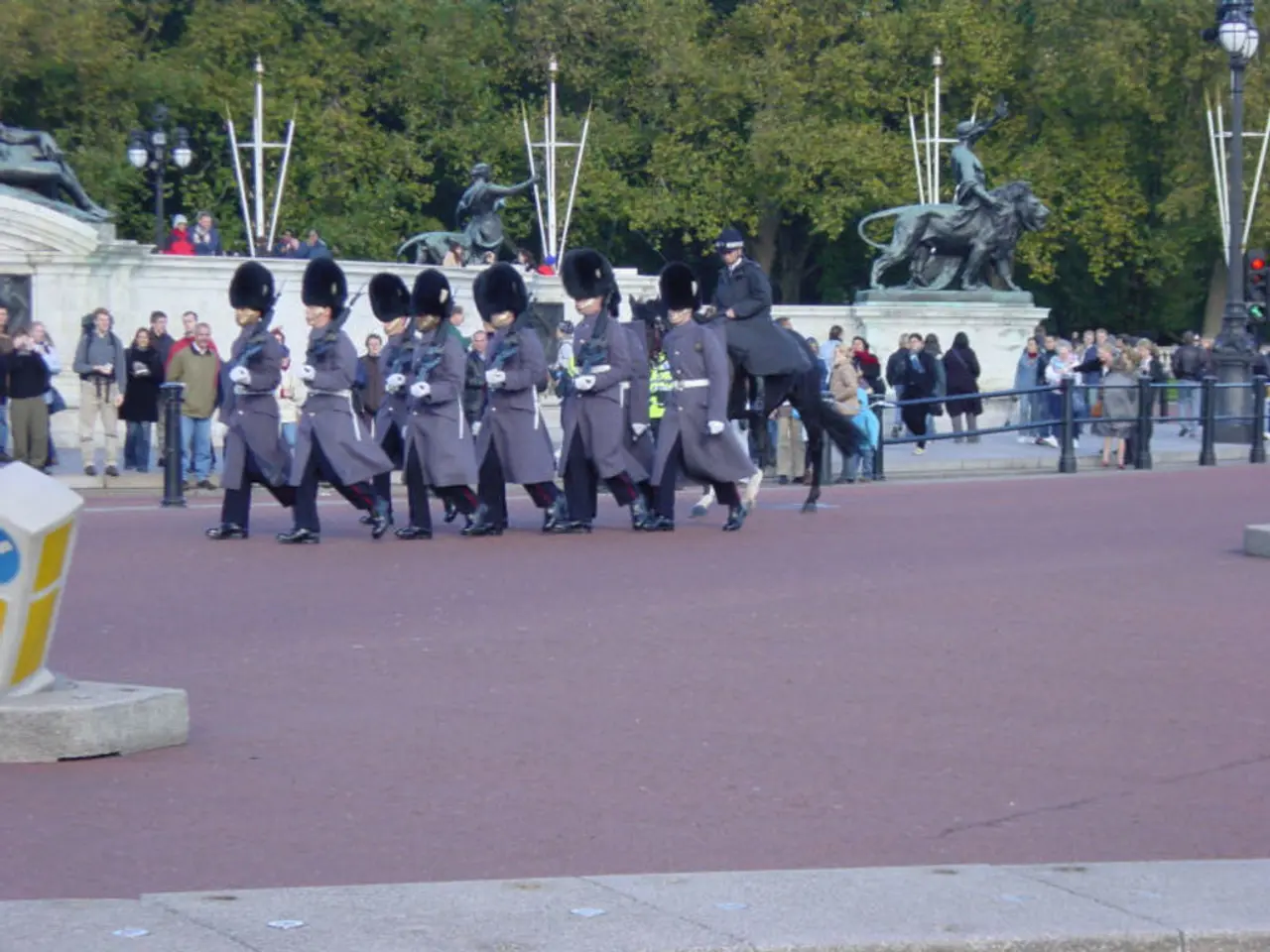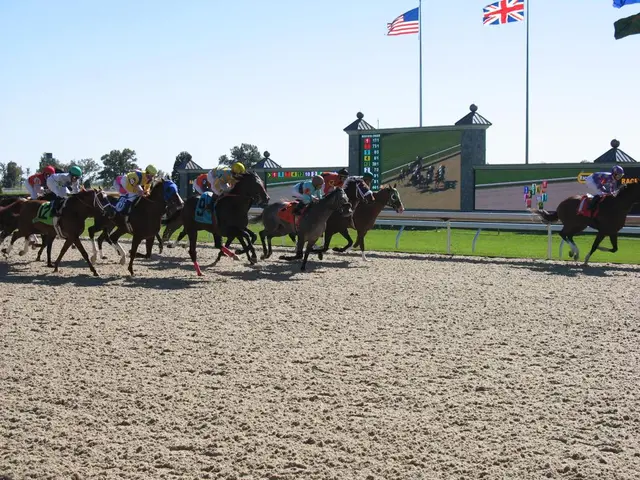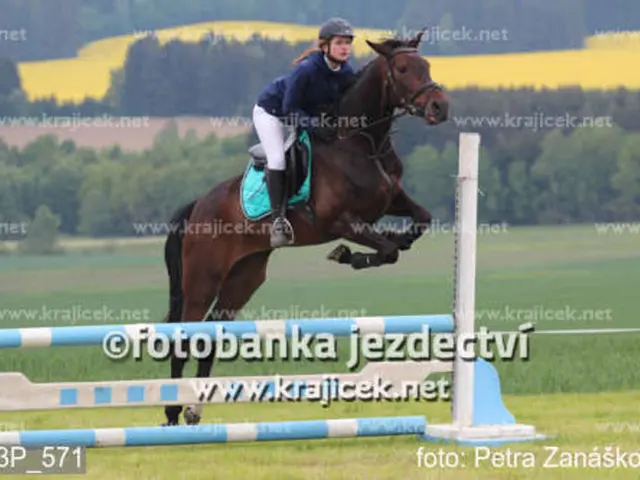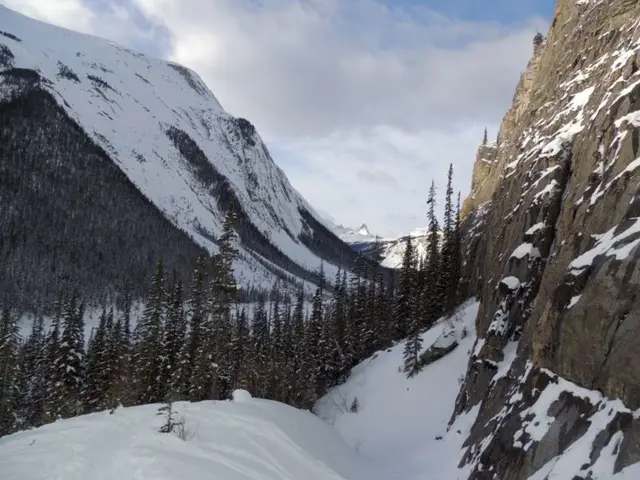Chavistas enlist in Maduro's militia, driven by patriotism and concern for retaliation
In the Caribbean, a significant military presence has been observed as the United States Navy intercepts a fleet of vessels, including eight destroyers, two submarines, ten F-35 fighter-bombers, and three Venezuelan vessels. This move is part of a combat plan against drug trafficking in the region, with several countries offering international support.
Amidst this escalation, the Venezuelan government, led by President Nicolás Maduro, has launched 'Plan Independencia 200' to counter potential US aggression. However, the call to join the National Bolivarian Militia has not resonated with the civilian population, with few attending the activated barracks for enlistment.
Leaders of the opposition movement, such as Maria Corina Machado, question the call to arms, reminding Chavistas that the plan may lead to further exploitation, deception, and humiliation. Another Chavista, Luis Rodríguez, also refuses to enlist due to fear of reprisals. William González, another citizen, shares similar sentiments, expressing his unwillingness to shoot at opponents.
The situation in Venezuela has been marked by the exodus of 8 million nationals over the past two and a half decades of Chavismo. Venezuelans have done everything in their power to combat the Chavista dictatorship, with the mass emigration serving as a testament to their struggle and dissent.
Meanwhile, the presidential palace of Miraflores appears as a military enclave, surrounded by a strong security belt and barbed wire. The government has activated 284 barracks for enlistment in the Bolivarian National Militia, but the response from the civilian population has been lacklustre.
In a bid to retain support, the government has implemented social programs such as the Carnet de la Patria, which grants benefits to its followers. However, the country's economic woes continue, with an estimated 8.2 billion dollars of drug production transiting through Venezuela each year, representing approximately this year's national budget.
The political landscape is further complicated by the rewards issued by US justice for the capture of Maduro, Cabello, and Padrino Lopez, totaling around 90 million dollars. This has sparked the interest of criminal bounty hunters, adding another layer of uncertainty to the already volatile situation.
As tensions rise, the future of Venezuela remains uncertain, with the country grappling with internal strife and external pressures. The situation is a complex web of political maneuvering, economic struggles, and social unrest, with no clear resolution in sight.
Read also:
- United States tariffs pose a threat to India, necessitating the recruitment of adept negotiators or strategists, similar to those who had influenced Trump's decisions.
- Weekly happenings in the German Federal Parliament (Bundestag)
- Southwest region's most popular posts, accompanied by an inquiry:
- Discussion between Putin and Trump in Alaska could potentially overshadow Ukraine's concerns








